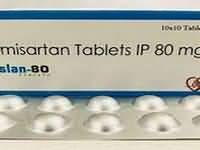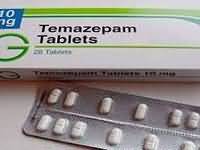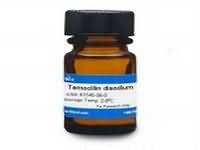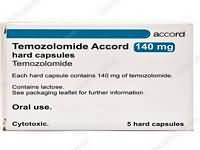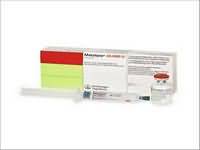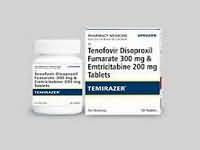Aliskiren fumarate

Aliskiren fumarate
CLINICAL USE
Renin inhibitor, used for hypertension and
diabetic nephropathy
DOSE IN NORMAL RENAL FUNCTION
150–300 mg once daily
PHARMACOKINETICS
Molecular weight :
1219.6
%Protein binding :
47–51
%Excreted unchanged in urine :
0.6
Volume of distribution (L/kg) :
135 litres
half-life – normal/ESRD (hrs) :
34–41/Unchanged
DOSE IN RENAL IMPAIRMENT
GFR (mL/MIN)
20 to 50 : Dose as in normal renal function
10 to 20 : Dose as in normal renal function
<10 :
Dose as in normal renal function
DOSE IN PATIENTS UNDERGOING RENAL REPLACEMENT THERAPIES
CAPD :
Unlikely to be dialysed. Dose as in
normal renal function
HD :
Unlikely to be dialysed. Dose as in
normal renal function
HDF/high flux :
Unlikely to be dialysed. Dose as in
normal renal function
CAV/VVHD :
Unlikely to be dialysed. Dose as in
normal renal function
IMPORTANT DRUG INTERACTIONS
Potentially hazardous interactions with other drugs
Other antihypertensive agents: enhanced
antihypertensive effect; concentration
possibly reduced by irbesartan
Antifungals: plasma concentration of
aliskiren increased by ketoconazole
Diuretics: may reduce concentration
of furosemide; hyperkalaemia with
potassium-sparing diuretics
Heparins: increased risk of hyperkalaemia
Potassium salts: increased risk of
hyperkalaemia
ADMINISTRATION
Reconstition
–
Route
Oral
Rate of Administration
–
Comments
–
OTHER INFORMATION
Potassium should be monitored in patients
with renal impairment, diabetes or heart
failure
Oral bioavailability is only 2–3%
See how to identify renal failure stages according to GFR calculation
See how to diagnose irreversible renal disease
Home


